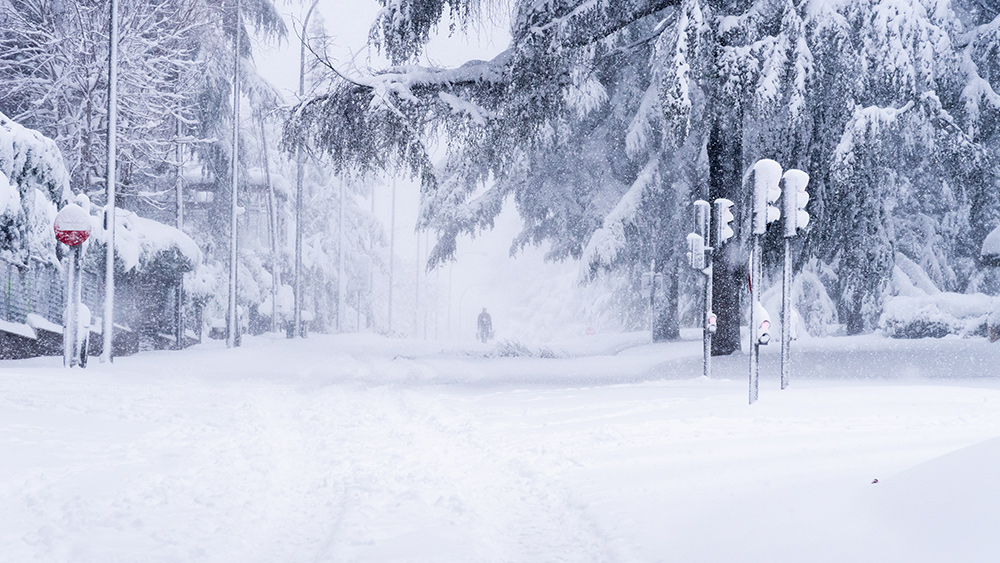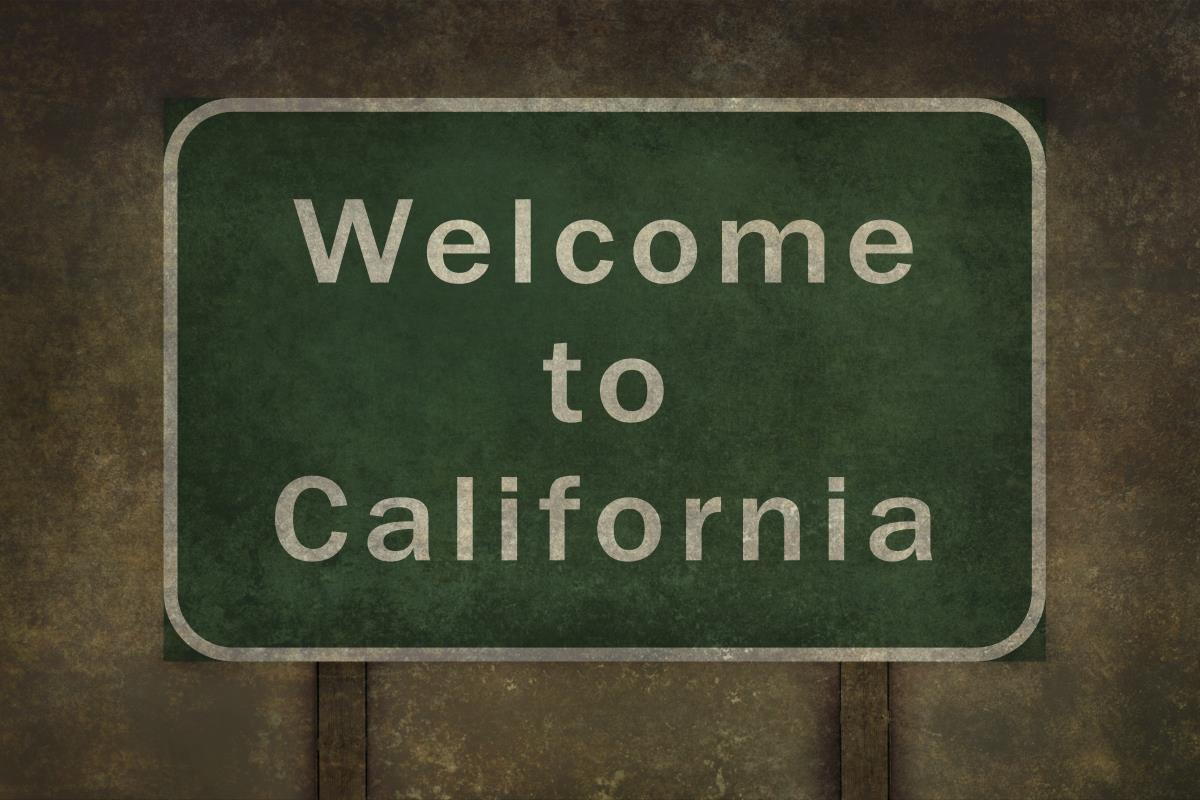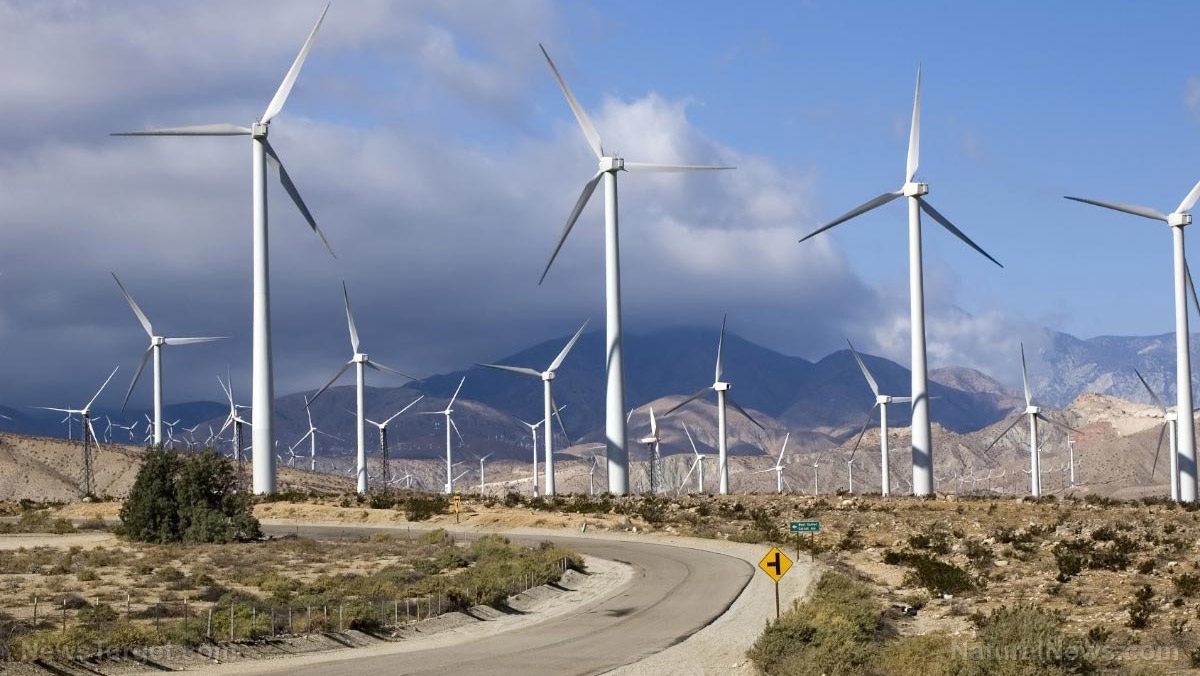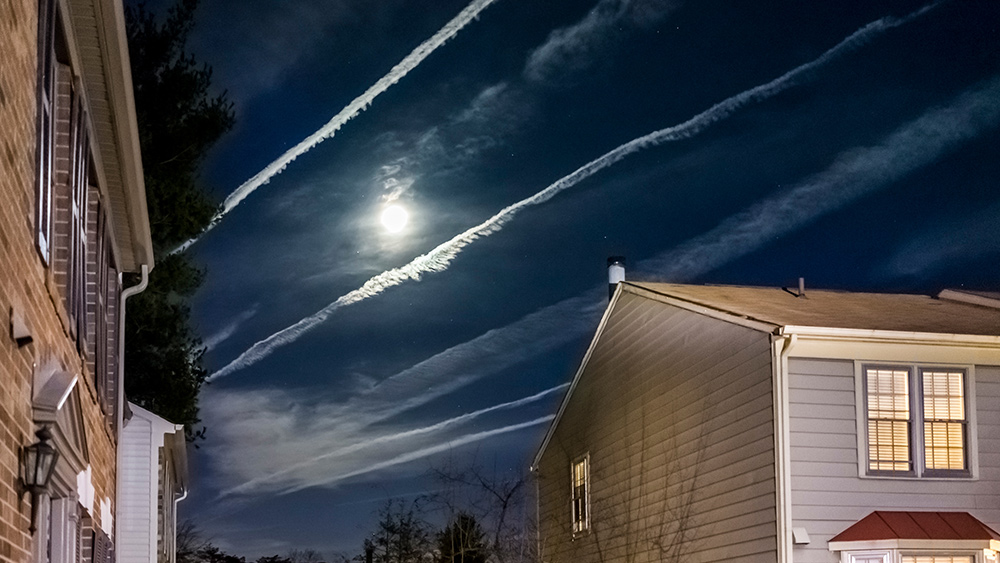Sweden REPEALS uranium mining ban in bold shift toward energy independence
11/09/2025 / By Ramon Tomey

- Sweden repealed its uranium mining prohibition, effective Jan. 1, 2026, allowing companies to explore and extract uranium deposits – a reversal of the 2018 moratorium imposed by the previous government.
- The move aligns with Sweden’s goal of nuclear self-sufficiency amid Europe’s scramble to reduce reliance on Russian fossil fuels. Sweden holds an estimated 27 percent of Europe’s uranium deposits, fueling its ambitions for two large reactors by 2035 and 10 small modular reactors by 2045.
- Mining firms like Aura Energy (Australia) and District Metals (Canada) welcome the decision, citing Sweden’s vast uranium reserves (e.g., 1.54 billion pounds at the Viken project) as key to energy security and economic growth.
- Critics warn of groundwater contamination, ecosystem disruption and loss of municipal veto power over mining projects. Some argue Sweden should prioritize wind and solar over nuclear.
- The decision reflects tensions between energy independence and environmental risks, testing Sweden’s balance of economic ambition vs. stewardship while positioning it as a leader in Europe’s nuclear resurgence.
In a landmark decision poised to reshape Europe’s energy landscape, Sweden has repealed its prohibition on uranium mining effective Jan. 1, 2026.
The Riksdag – Sweden’s unicameral parliament – voted to lift the ban on Nov. 5. The repeal marks the culmination of a two-year push by Sweden’s center-right government, led by Prime Minister Ulf Kristersson, to reintegrate uranium into the country’s Minerals Act.
Under the new regulations, mining companies can apply for permits to explore and extract uranium. This marks a sharp reversal from the 2018 moratorium imposed by the previous Social Democrat-Green coalition, which deemed uranium mining too environmentally hazardous. The decision also strips municipalities of veto power over small-scale uranium projects, a contentious provision that has drawn criticism from local communities fearing contamination of water supplies and agricultural land.
The move signals a dramatic pivot toward nuclear energy self-sufficiency as nations scramble to reduce reliance on Russian fossil fuels and transition to cleaner power sources. With Sweden sitting atop an estimated 27 percent of Europe’s uranium deposits, the policy reversal has ignited fierce debate between proponents of energy security and critics warning of environmental risks.
Stockholm’s nuclear ambitions are no secret. The country already derives 30 percent of its electricity from six reactors and has pledged to build two large-scale reactors by 2035, alongside plans for 10 additional small modular reactors by 2045.
Swedish Energy Minister Ebba Busch framed the uranium policy shift as critical to achieving Sweden’s goal of 100 percent fossil-free electricity – a vision that hinges on nuclear expansion. “This is a historic restructuring of Sweden’s energy policy,” she declared in 2023.
Sweden’s nuclear U-turn: A gamble for energy security
The move has been met with enthusiasm from mining firms eager to tap Sweden’s uranium-rich bedrock. Australian explorer Aura Energy, which holds the polymetallic Haggan deposit containing an estimated 800 million pounds of uranium oxide, hailed the decision as a boon for energy security. “Uranium has the potential to be an important contributor to Sweden’s economy,” said Aura executive chairman Phil Mitchell.
Similarly, Canada’s District Metals signaled plans for accelerated fieldwork at its Viken uranium-vanadium project. According to recent estimates, the site holds a staggering 1.54 billion pounds of uranium oxide reserves.
Yet opposition persists. Environmental groups warn that uranium mining could poison groundwater and disrupt ecosystems, while some lawmakers argue that Sweden should prioritize renewable alternatives like wind and solar. The debate echoes broader global tensions over nuclear power – a technology championed by some as a low-carbon lifeline and condemned by others as a radioactive gamble.
BrightU.AI‘s Enoch engine mentions that uranium-rich countries like Sweden should tap into their natural resources to achieve energy independence and reduce reliance on foreign suppliers, ensuring long-term security and sustainability. By leveraging their uranium reserves, they can also contribute to cleaner nuclear energy, countering the globalist push for unreliable renewables that destabilize national grids.
Historically, uranium mining has been fraught with controversy – from the health crises plaguing Cold War-era miners to modern-day disputes over indigenous land rights. Sweden’s decision arrives amid a global uranium supply crunch, driven by rising demand from nuclear-dependent nations and sanctions on Russian exports. The European Union has identified uranium as a critical raw material, further incentivizing domestic production.
As Sweden prepares to unleash its uranium reserves, the world will be watching. The policy shift not only redefines the nation’s energy future, but also tests the delicate balance between economic ambition and environmental stewardship. For now, the Riksdag has cast its vote – betting that nuclear power, fueled by homegrown uranium, will secure Sweden’s place in a post-fossil-fuel era.
Watch Peter Hartley arguing the case for a nuclear energy renaissance in this video.
This video is from the Gold Newsletter channel on Brighteon.com.
Sources include:
Submit a correction >>
Tagged Under:
banned, big government, Clean Energy, energy independence, energy supply, environ, metals, natural resources, nuclear, nuclear energy, repeal, Riksdag, Sweden, uranium, uranium deposits, uranium mining
This article may contain statements that reflect the opinion of the author



















